Shoe-Throwing Advocate’s Act: A Blatant Affront to Indian Democracy
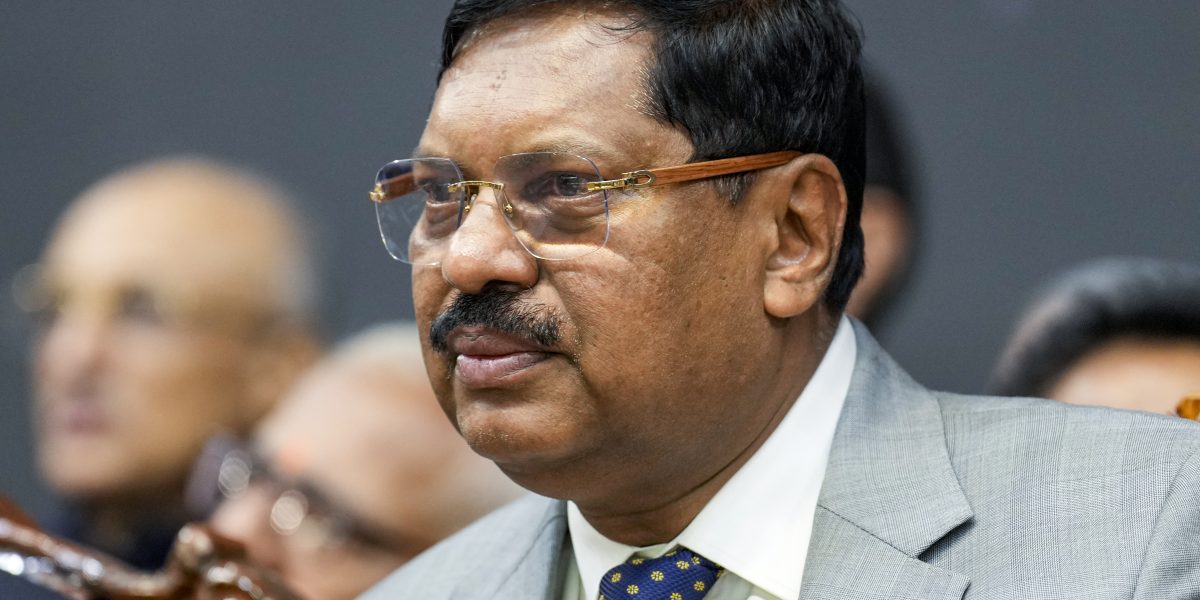
On October 6, 2025, an unprecedented incident shook the hallowed premises of the Supreme Court of India, tarnishing the sanctity of the judiciary. Rakesh Kishore, a 71-year-old advocate, attempted to hurl a shoe at Chief Justice of India (CJI) B.R. Gavai during proceedings in Court No. 1. This act was not merely an expression of personal grievance but a blatant assault on the dignity of the judiciary, a cornerstone of India’s democracy. Kishore, who claims to be a doctor and an alumnus of Banaras Hindu University, registered with the Delhi Bar Council in 2009. His actions have obliterated his professional credibility, transforming a supposed guardian of law into a lawbreaker. We unequivocally condemn this act, as it represents a direct attack on the third pillar of democracy—the judiciary.
The incident stemmed from Kishore’s discontent with a September 16 ruling by CJI Gavai, who dismissed a petition regarding the reconstruction of a damaged Vishnu idol at the Khajuraho temple, stating it fell under the Archaeological Survey of India’s purview and suggesting the petitioner could worship the Shiva linga instead. Kishore deemed this an “insult to Sanatan Dharma,” shouting during the act, “India will not tolerate the insult of Sanatan.”
Disagreement with a judicial ruling is a right, but resorting to violence is indefensible. For an advocate, who holds a privileged position in court, to stoop to such an act is not only contemptuous but potentially criminal. Social media amplified the controversy with misinformation, yet Kishore showed no remorse. In a statement to ANI, he declared, “I have no regrets; it was divine inspiration.” Such arrogance, coupled with divisive rhetoric, is dangerous and divisive. Kishore, a resident of Mayur Vihar and a member of the Supreme Court Bar Association (SCBA), has misused his education and position, betraying the trust placed in him as an officer of the court.
Swift Action by Bar Association and BCI
The response from legal bodies was swift and commendable. The Bar Council of India (BCI) promptly suspended Kishore’s advocate license, with Chairman Manan Kumar Mishra stating that the act violated the Advocates Act, 1961, and was “unbecoming of the court’s dignity.” The suspension barred Kishore from appearing, practicing, or advocating in any court, tribunal, or authority in India. The Delhi Bar Council was directed to notify all courts and invalidate his identity documents. On Thursday, October 9, the SCBA terminated his provisional membership, labeling the act “gross misconduct.” Solicitor General Tushar Mehta called it “unfortunate,” noting that social media misinformation had eroded trust. These actions underscore the legal fraternity’s commitment to upholding judicial integrity. However, the question remains: are these measures sufficient? Individuals like Kishore must face stringent punishment to deter such audacity in the future.
Delhi Police’s Shameful Inaction
Yet, the most disgraceful aspect of this saga is the role of the Delhi Police. After the incident, security personnel detained Kishore and handed him over to the police. During three hours of questioning, Kishore himself admitted to being treated with “tea and good food.” Shockingly, the Delhi Police released him without registering a case, citing no complaint from the Supreme Court Registrar General, and even returned his shoes and documents. The Delhi police’s motto, “Shanti, Seva, Nyaya” (Peace, Service, Justice), seemed to translate into undue leniency. Is this how all criminals are treated? Kishore is no ordinary offender; he attempted to assault the CJI within the Supreme Court.
The failure to file an FIR immediately raises questions of negligence or external pressure. Only on October 8, following a complaint by the All India Bar Association, did the Bangalore Police register a Zero FIR under Sections 132-133 of the Bharatiya Nyaya Sanhita, later transferred to Delhi’s Tilak Marg Police Station. The Delhi Police’s initial inaction is a stain on its credibility and demands accountability. Was it fear of Kishore’s status or external influence? This lapse undermines public trust in law enforcement.
Equally concerning is the delayed condemnation from the ruling Bharatiya Janata Party (BJP) and Prime Minister Narendra Modi. While the SCBA, BCI, and legal luminaries swiftly denounced the act, the BJP and PM Modi’s responses were conspicuously tardy. The Prime Minister, known for his prompt reactions to national issues, took hours to address this grave insult to the judiciary. This delay fueled speculation and criticism, especially given the BJP’s vocal stance on “Sanatan Dharma.” Kishore’s claim that his act was in defense of Sanatan could have placed the ruling party in an awkward position, as any immediate condemnation might have been misconstrued by certain factions.
However, this hesitation risks signaling tacit tolerance of such acts, undermining the government’s commitment to judicial sanctity. When the Prime Minister finally condemned the incident, it was a necessary but belated step. Political leaders across parties must unequivocally and promptly denounce such acts to prevent politicization and ensure the judiciary remains above partisan fray.
Caste Dynamics and Social Implications
The caste angle adds another layer of complexity. Kishore, post-incident, claimed to be a Dalit, stating in an OpIndia interview, “I am a Dalit; my name is not Pandey or Tiwari. I can show my caste certificate.” He further attacked CJI Gavai, also from a Dalit background, questioning his Dalit identity by saying, “He was a Sanatani Hindu, became Buddhist, so how is he Dalit?” This rhetoric is not only inflammatory but reeks of casteist undertones. Some social media narratives labeled the act a “Brahminical attack,” but Kishore’s revelation debunks this, exposing internal divisions within communities.
A Dalit advocate attacking a Dalit CJI is a tragic irony, highlighting how religious fanaticism can transcend caste barriers. However, caste cannot be a shield for criminality. Kishore’s claim seems like a desperate defense tactic, but it only deepens the controversy. For the Dalit community, this act is an embarrassment, as one of its members has disgraced the judiciary. The law must remain blind to caste—Kishore’s actions warrant punishment, not excuses.
This incident offers critical lessons. First, advocates must adhere to professional ethics; dissent must be expressed through argument, not violence. Second, court security needs strengthening to prevent such breaches. Third, police must act decisively, not indulge offenders with hospitality. Fourth, political leaders, including the ruling party and PM, must condemn such acts promptly to avoid perceptions of complicity. Finally, curbing social media misinformation is vital to prevent escalation. Rakesh Kishore’s act is reprehensible; he is not an advocate but a criminal. To preserve the judiciary’s sanctity, exemplary punishment is essential, regardless of caste or status. India’s democracy thrives on a robust judiciary.
(Author is a known commentator on issues of democracy, pluralism and diversity.)

 1 month, 4 weeks ago
1 month, 4 weeks ago
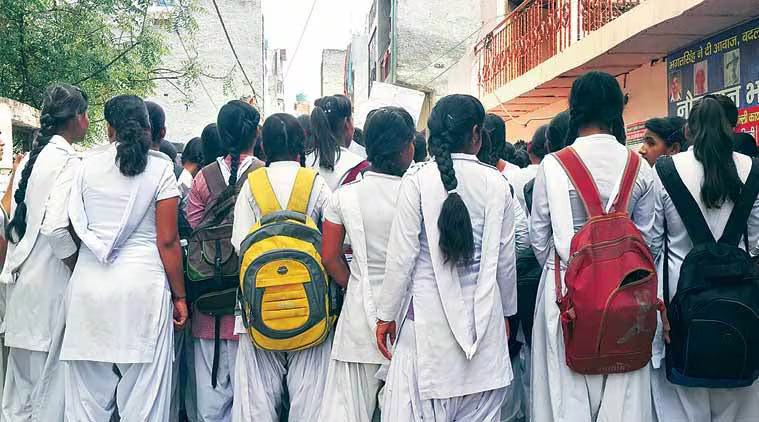
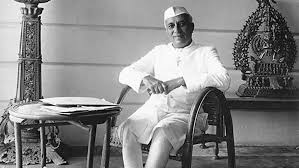

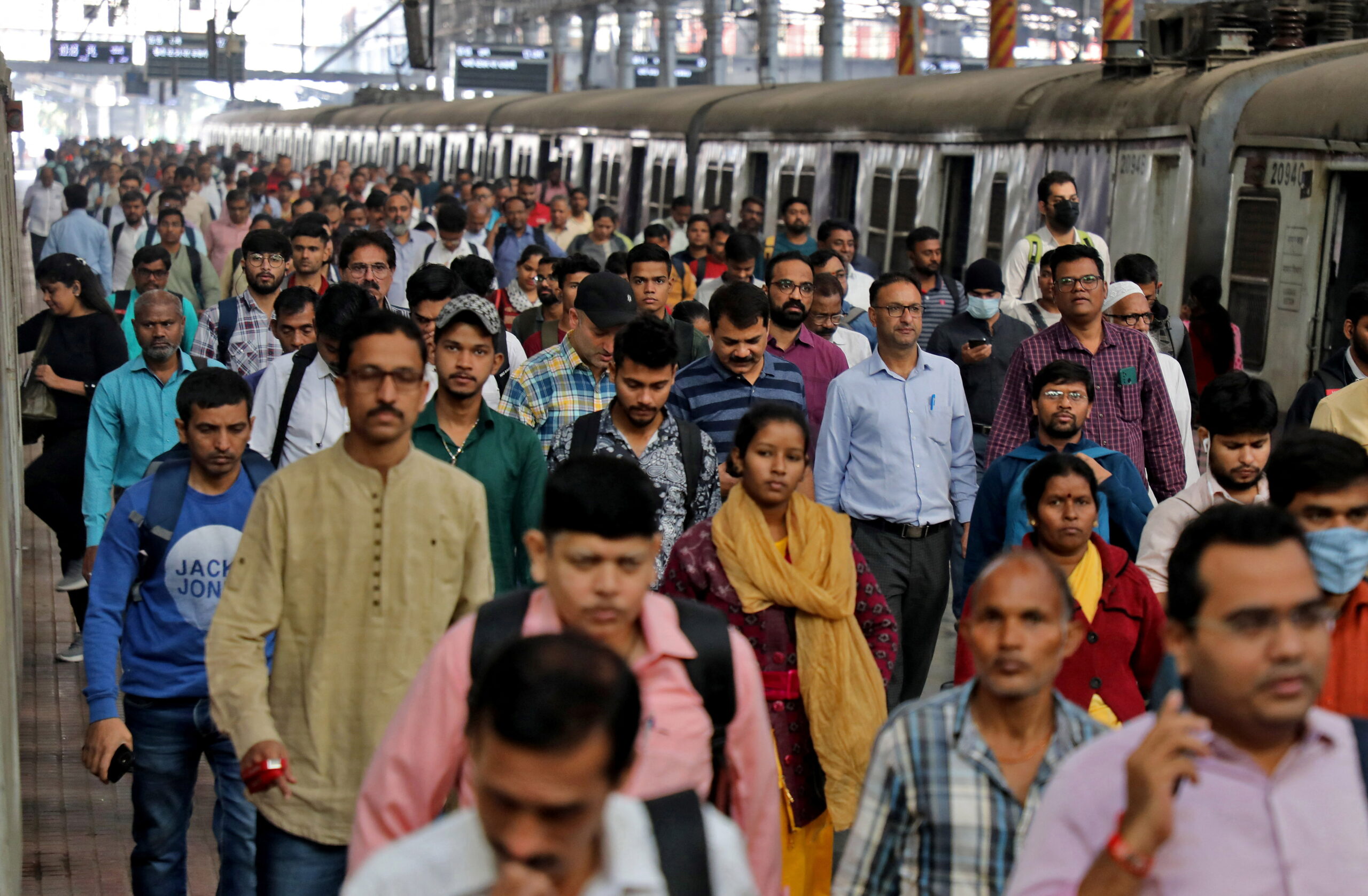

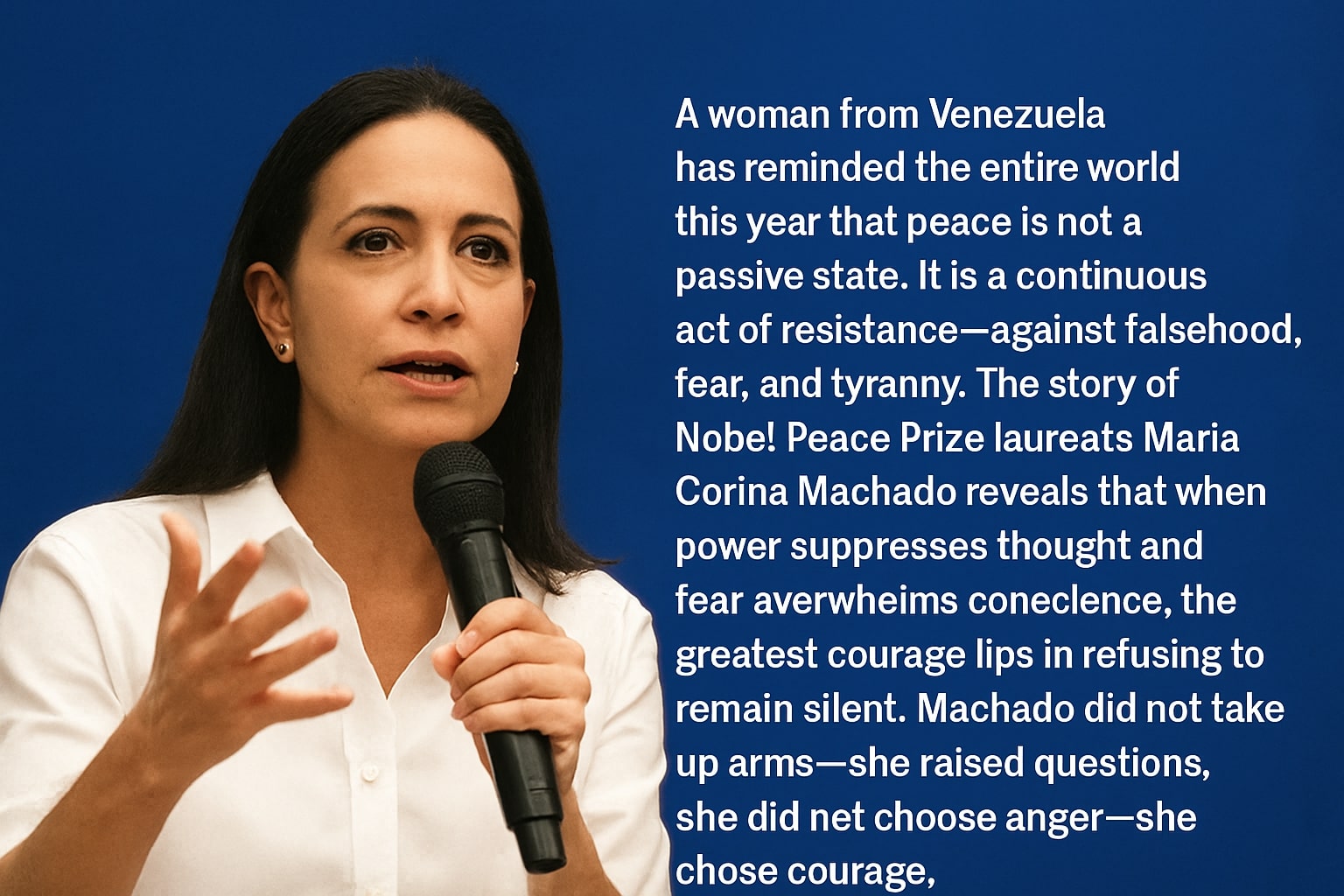

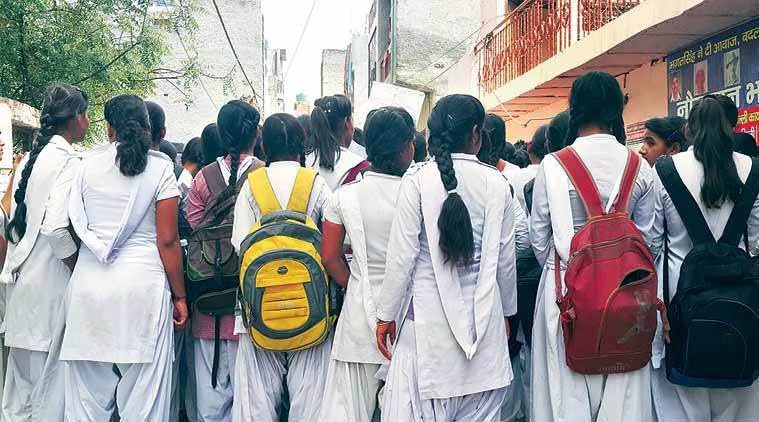


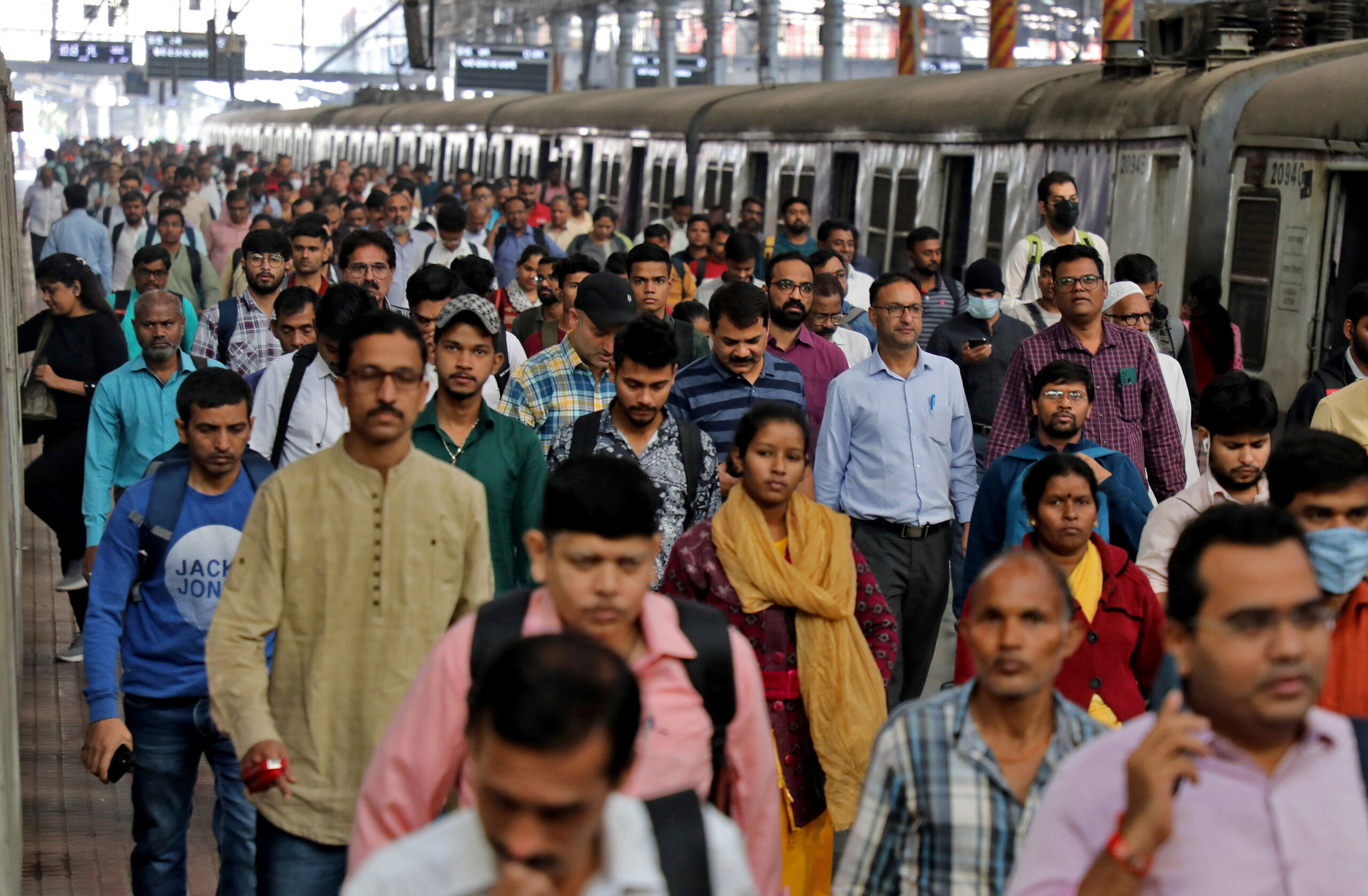
[[comment.comment_text]]